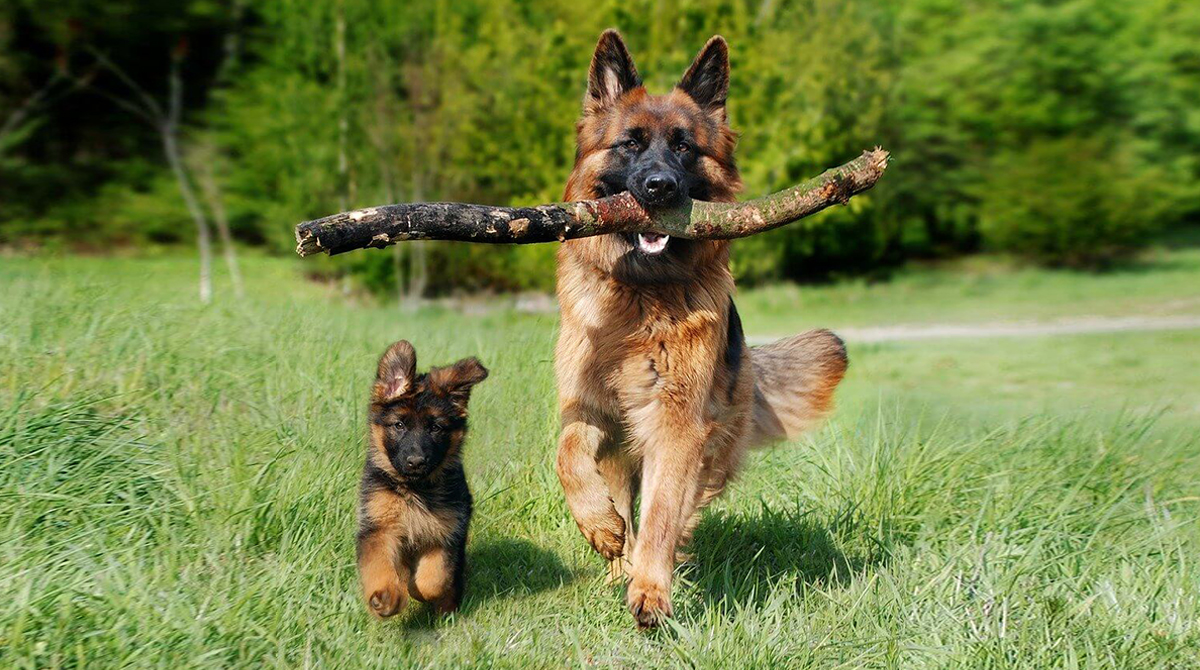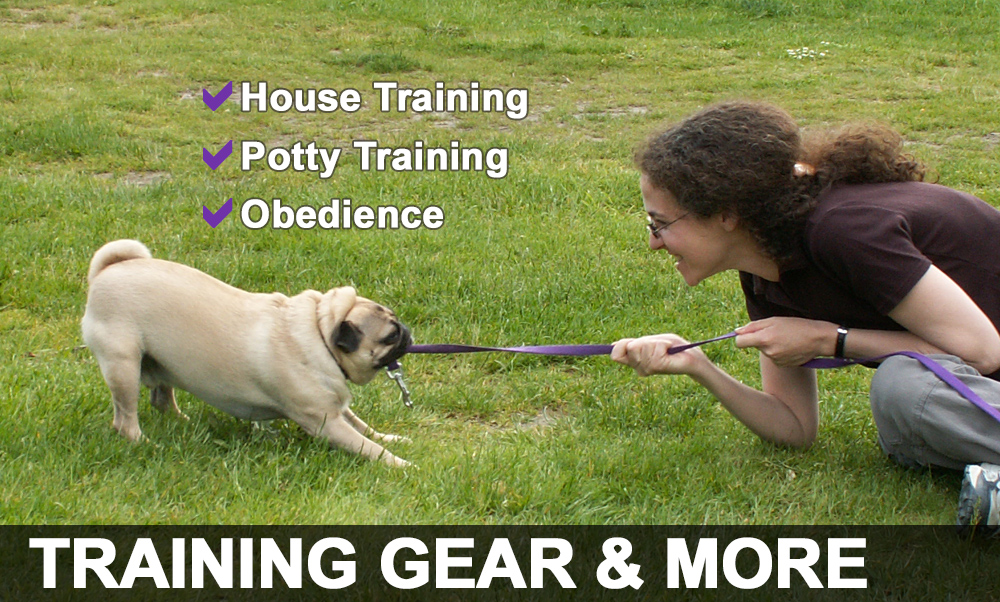
Dogs suffering from anxiety should be treated with medical and behavioral treatment. These symptoms can be noticed in your pet. Consult your veterinarian immediately. Anxiety can be a serious medical condition. You want to make sure it's not due to a more serious health issue. Consult a veterinarian to determine the exact cause. In some cases, a vet can also rule out other conditions. Your dog may require special medication or treatment if he or she displays any of these symptoms.
An effective treatment for anxiety in dogs can be medication. The severity and duration to which the symptoms are severe will dictate the treatment. The average treatment takes between four and six weeks. Prescription medications should not be prescribed for pets. They can only be used in extreme cases where other methods have failed. Hospitalization may be necessary in severe cases. Even though medications are not always appropriate for every dog or cat, they can increase the quality of life in anxious animals.

Sometimes, anxiety may develop in an older dog due to a trigger. You should identify the trigger in these cases and make sure to keep your dog exposed to it regularly. You can take your keys with you and go around your house if your dog is afraid to leave home. Repeat this session several times a day. You can help your dog develop a healthy fear response by gradually increasing exposure.
In some cases, dogs may be overly sensitive to situations and need to be comforted. You should seek professional help if your dog shows these symptoms. Anxiety in dogs will not disappear on its own. It can be treated, although it will only get worse. What are your options for anxiety treatment in dogs? There are several effective methods for treating anxiety in dogs. First, you need to identify the exact cause of your dog's anxiety.
The best way to treat anxiety in dogs is to see your veterinarian. He or she can identify the type of anxiety and the possible causes. Your vet may be able suggest a treatment plan for anxiety that isn't overwhelming but situational. You should consult your veterinarian immediately if your dog is experiencing excessive anxiety. It is important that you treat your dog immediately. If your dog suffers from anxiety and panic attacks, you should seek medical attention.

You can consider medication if your dog suffers from anxiety. You can give your dog medication to help with anxiety. Some medications come in tablet, capsule or liquid form. You may also be able to offer behavioral therapy for your dog. These techniques can help relieve anxiety in dogs. But, anxiety treatment for dogs is not quick and will not be effective overnight. You should work with your dog for a longer time in order to help it overcome anxiety.
FAQ
What should I do if my dog bites someone?
You should first check that the animal you are being attacked is not rabid. If that is impossible, call for help. Do not attempt to handle the situation yourself, as you could become seriously injured.
If the pet is not aggressive but bites, it should be taken to a veterinary hospital. Your vet will examine the animal and decide if any additional treatment is required.
In most cases, rabies shots will be required. These shots should not be administered by you. This should only be done by a licensed person.
What's your favourite pet?
The best pet is the pet you love. There is no correct answer. Everyone has their own opinion as to which pet is the best.
Some believe cats are more intelligent than dogs. Others argue that dogs are more loyal to their owners and more affectionate. Others argue that birds make the best pets.
But whatever type of pet you choose, you must decide what kind of pet suits your personality.
A dog is the best choice for someone who is outgoing, friendly, and affectionate. A cat might be the best option for you if your personality is reserved and shy.
Also, think about the size of your house and apartment. A smaller apartment will mean that your pet will require a smaller size. A larger house, on the other hand will require you to have more space.
Finally, remember that pets require lots of attention. Pets need to be fed frequently. You should take them for walks. You should also brush and clean them.
If you know all these things, you'll be able to pick the best pet for yourself.
What age should a child have a pet?
Children younger than five years should not have pets. Cats and dogs are dangerous for young children.
Most kids who have pets end up being bitten by them. This is especially true of small dogs.
Also, some breeds of dogs (such as pit bulls) can be extremely aggressive towards other animals.
Even though dogs may appear friendly, this doesn't mean they won't attack other animals.
If you decide to get a dog, make sure it is properly trained. You should also supervise your child when she is playing with the dog.
What type of food should I give my dog to eat?
Your dog needs to be fed a healthy diet.
High-protein foods include chicken, beef and fish as well as eggs and dairy products.
Fruits, vegetables, legumes, bread, cereals and pasta are all high in carbohydrate.
Foods low in fat include lean meats such as poultry, fish, eggs, nuts, seeds and whole grains.
Before giving your dog different types or foods, it is a good idea to check with your vet.
What are the responsibilities of a pet owner?
A pet owner must be devoted to their pet. They must ensure that their pet has all the basic needs met, including shelter, water, and food.
They should also teach the pet how to behave. You should never neglect your pet.
He should be responsible enough to clean up after it.
Should I spay/neuter/neuter a dog?
Yes! It's very important to spay or neuter your dog.
It reduces the number of unwanted dogs in the world and also lowers the chance of developing certain diseases.
There is, for instance, a greater chance of breast cancer in female dogs that in male dogs.
There is also a greater chance of testicular carcinoma in males than in females.
Spaying and neutering your pet also prevents her from having babies.
These are the three most important things to do before you get a cat.
Before buying a cat, make sure you have considered these questions:
-
Do you have any questions about the health of your cat?
-
Will my cat eat all the food I have prepared?
-
Is it because I love cats or do I simply want a pet cat?
Statistics
- For example, if your policy has a 90% reimbursement rate and you've already met your deductible, your insurer would pay you 90% of the amount you paid the vet, as long as you're still below the coverage limits of your policy. (usnews.com)
- In fact, according to ASPCA, first-year expenses can sum up to nearly $2,000. (petplay.com)
- Here's a sobering reality: when you add up vaccinations, health exams, heartworm medications, litter, collars and leashes, food, and grooming, you can expect a bill of at least $1,000 a year, according to SSPCA. (bustle.com)
- It is estimated that the average cost per year of owning a cat or dog is about $1,000. (sspca.org)
- Reimbursement rates vary by insurer, but common rates range from 60% to 100% of your veterinary bill. (usnews.com)
External Links
How To
How to choose the best name for your pet
When adopting a pet, the name you choose for them is one of your most important decisions. It is important to choose a name that best reflects the person and personality of your pet.
It is important to consider how other people might refer to you - for instance, if they are going to be called by their name in conversation. Finally, think about how you'd like to be referred. Are you more comfortable calling yourself "dog" or your "pet"?
Here are some tips and tricks to help you get going.
-
Choose a name that is appropriate for your dog's breed. Look up the names of the breeds if you know the breed (e.g. Labradoodle). Ask someone who is familiar with dogs to recommend a name that fits the breed.
-
Be aware of the meaning behind the name. Some breeds are named after people and places while others are simply nicknames. The name "Rover," for example, was given to a Labrador Retriever because he was always running around!
-
What would you prefer to be called? Do you prefer to be called "dog?" or "pet?" Would you call your dog "Puppy" or "Buddy"?
-
Make sure to include the owner's name. Although it's a good idea to name your dog with your last name, don't forget to include the names of your family members. Your dog could grow up to become a member of your family.
-
Many pets may have more than one name. A cat could have several names, depending on her location. When she visits her friends, she might be called "Kitty Cat" but "Molly", at home. This is especially true if the cat lives outside. They will often adapt their names to match their environment.
-
Be creative There is no rule that says you must follow a particular naming convention. Be unique and memorable in your choice.
-
You must ensure that the name you choose isn't already owned by another person or group. So you don't accidentally steal someone's identity.
-
Last but not least, don't forget to remember that choosing a name can be a complicated process. Sometimes it takes time to determine whether a name is right for your dog. So keep trying until you find the perfect match!